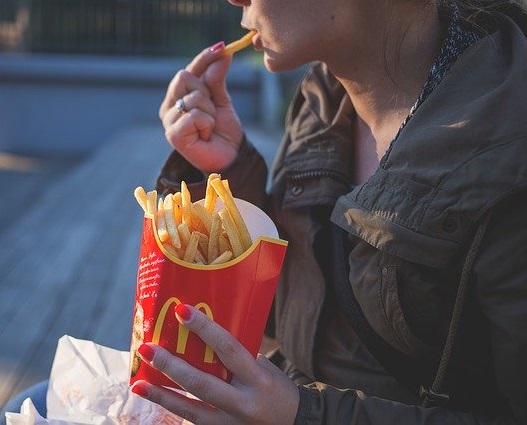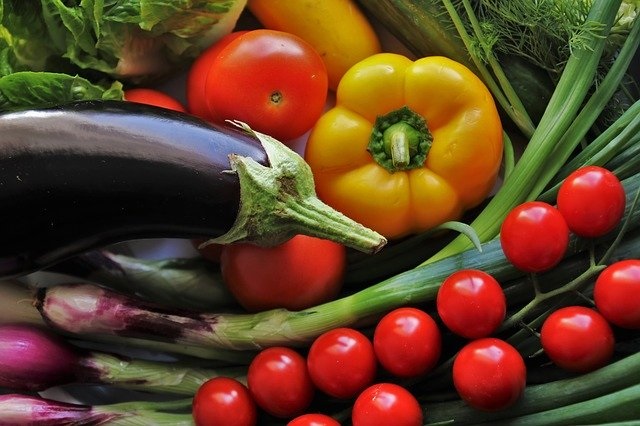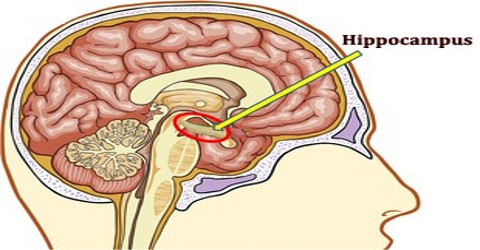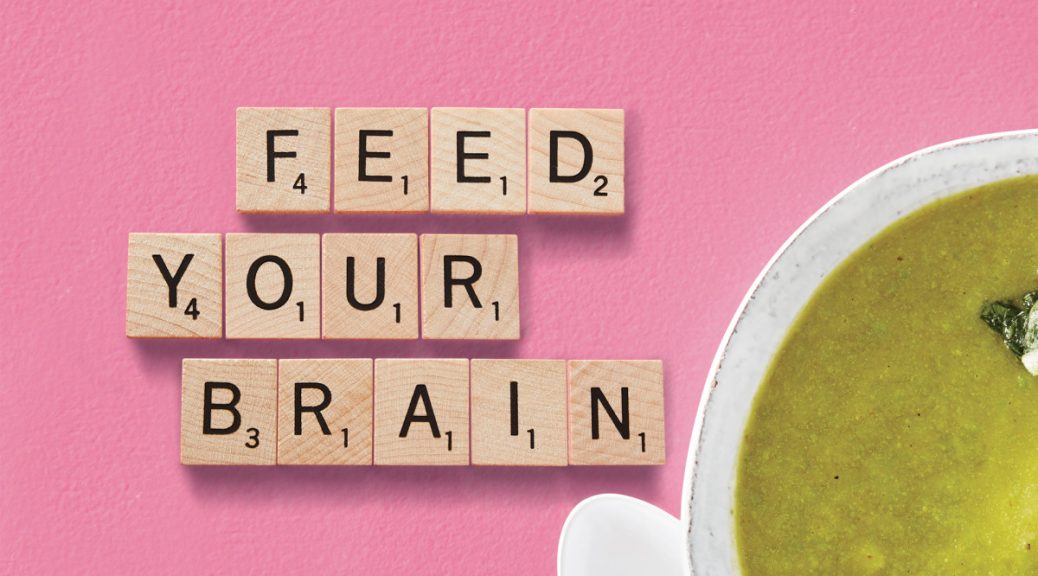
Brain fog? Shorter concentration? Decreased ability to coordinate several processes to reach a goal? The focus here is not determining if Granny needs assistance. It’s about where we all are right now.
Age-related diseases are more of a concern now as people are living longer than any previous time in history. But, waiting until someone is ninety-five years old is too late to start building brain function.

Brain health is developed before we’re born and continues throughout our lifetime. Neglecting the promotion of brain health in childhood, adolescence, and adulthood spells disaster, not only later in life, but even earlier.
This topic is central to my studies and what I share on foodtalk4you. Much of what I am sharing in this series is derived from a nursing license renewal class I recently took: Brain Food: The Role of Nutrients in Memory and Cognitive Function by Annell St. Charles, PhD, RD, through the Institute for Natural Resources.
What and how much we eat are key factors in our brain health.

Many of us quake in our boots every time we forget something. The specter of Alzheimer’s disease seems to threaten us on every level. Epidemiological evidence is showing; however, that diet choices available to each of us every day can be key factors in reducing the risk for Alzheimer’s disease (AD).
Foods good for our cognitive function share the effects of being antioxidant and anti-inflammatory. I wrote about an anti-inflammatory approach to eating and life itself in my first book, Toolkit for Wellness.

Research is finding some aspects of mild cognitive impairment (MCI) can be found in healthy young adults but do not become apparent until later in life. With brain maturity peaking in the 30s or 40s, there is ample time to boost brain health in the young and to continue throughout our lives.
A big predictor in developing late-life dementia is
1) mid-life obesity and
2) lower cognitive performance earlier in life.

Obesity brings on a cascade of body issues that play into body-wide inflammation and metabolic challenges. The overeating habit of poor quality of food is sweeping across America and other parts of the world under our fast food influence.
Obesity is preventable, and yet is becoming the scourge of modern society. Stress eating during this pandemic is probably at an all-time high – but our circumstances do not make it alright.

As I explained in my book, fast food and pre-packaged foods are all designed for us to eat more. Large food conglomerates employ people to find that sweet/salty spot, which will make consumers want to come back for more.
Sugar does not satisfy or quench. Sugar makes us want more sugar. It’s as simple as that.

What to eat? Nutrient dense foods as found in the Mediterranean diet will supply the nutrition our brains and bodies need for optimal health. Whereas, nutrient-poor diets rely on consuming highly-processed food, which lack the antioxidants and anti-inflammatory elements needed for brain/body health.

Diets favoring nutrient-poor foods are affecting the size of our brain part associated with learning and memory – the hippocampus. Of note – both long-term and short-term consumption of foods high in saturated fats have resulted in changes in brain function. Think how this plays out in children consuming a fast-food biscuit on their way to school each day.
A higher intake of fruits and vegetables will help prevent and reverse age-related deficiencies by decreasing inflammation and oxidative stress.
In sum, look for the following to select nutrient-dense food:
- Go for the color in fruits and vegetables
- Aim for fiber-rich foods
- Seek lower-fat dairy
- Switch to lower fat cuts of meats
- Eat more poultry, fish, eggs, beans, nuts, and seeds

The colorful plant food choices will ramp up protective phytochemicals that have been shown to be protective for the brain and nervous system. Talk about brain food – plant-based foods rock!
Rome wasn’t built in a day. A consistent effort in making tiny changes is a sustainable approach to build sustainable health. Choose one meal to improve each day.

On a personal note – I’m into my second week of daily, sweat-producing exercise and am loving it! Contrary to what one might think, my appetite is less than before starting this program. I needed the structure of a program and I chose to join something online. My neighbor does it for free as she taps into an endless array of YouTube routines each morning.
Everything works together – exercise energizes and creates a positive frame of mind. A better outlook will boost us all into making better choices. We can do this!
In health-
Deidre
Want to make sure you don’t miss a jam packed post from FoodTalk4You? Make sure to fill out the subscription box to the left of this page for more fantastic articles focused on improving your good health!

